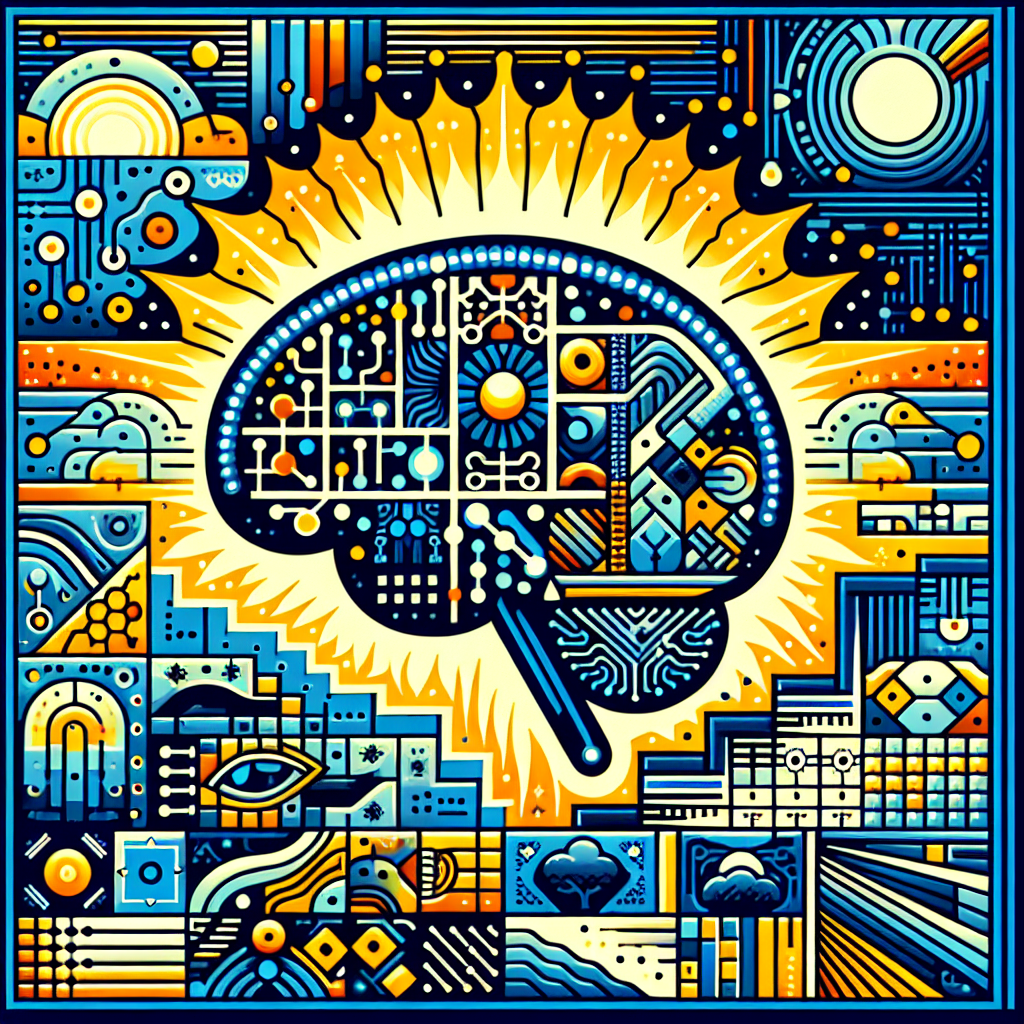The Future of AI Democratization: Opportunities and Challenges
Artificial Intelligence (AI) has rapidly advanced in recent years, with applications ranging from virtual assistants like Siri and Alexa to self-driving cars and predictive analytics in healthcare. As AI technology becomes more widespread, there is a growing push for democratization–the idea that AI should be accessible and affordable for everyone, not just a select few. The democratization of AI has the potential to revolutionize industries, improve quality of life, and drive economic growth. However, there are also challenges and concerns that must be addressed as we move towards a more democratized AI landscape.
Opportunities of AI Democratization
1. Increased Innovation: One of the key benefits of AI democratization is the potential for increased innovation. By making AI tools and resources more accessible to a wider range of individuals and organizations, we can unlock new ideas and solutions that may have been previously out of reach. This democratization can lead to breakthroughs in a variety of fields, from healthcare to finance to transportation.
2. Improved Efficiency: AI technologies have the potential to streamline processes and improve efficiency in a wide range of industries. By democratizing AI, more organizations can take advantage of these tools to automate routine tasks, analyze data more effectively, and make better decisions in real-time. This can lead to cost savings, increased productivity, and better outcomes for businesses and consumers alike.
3. Enhanced Personalization: AI democratization can also lead to more personalized experiences for consumers. By leveraging AI tools like recommendation algorithms and predictive analytics, businesses can tailor their products and services to meet the individual needs and preferences of their customers. This can lead to higher customer satisfaction, increased loyalty, and ultimately, greater success for businesses.
Challenges of AI Democratization
1. Data Privacy and Security: One of the biggest challenges of AI democratization is the risk to data privacy and security. As AI tools become more widespread, the amount of data being collected and analyzed also increases. This raises concerns about how that data is being used, who has access to it, and how it is being protected from cyber threats and breaches. Organizations must prioritize data privacy and security as they develop and deploy AI technologies.
2. Bias and Fairness: Another challenge of AI democratization is the potential for bias and unfairness in AI systems. AI algorithms are only as good as the data they are trained on, and if that data is biased or incomplete, the resulting AI systems may also be biased. This can lead to discriminatory outcomes in areas like hiring, lending, and criminal justice. Organizations must be vigilant in ensuring that their AI systems are fair and equitable for all individuals.
3. Skills and Education: AI democratization also raises concerns about the skills and education needed to effectively leverage AI technologies. While democratizing AI can make these tools more accessible to a wider range of individuals, not everyone has the knowledge or training to use them effectively. Organizations must invest in training programs and educational resources to ensure that people have the skills they need to succeed in an AI-driven world.
FAQs
Q: What is AI democratization?
A: AI democratization is the idea that AI technologies should be accessible and affordable for everyone, not just a select few. It involves making AI tools and resources more widely available to individuals and organizations of all sizes.
Q: What are some examples of AI democratization in action?
A: Some examples of AI democratization include the use of AI-powered chatbots in customer service, automated data analysis tools for small businesses, and AI-driven personalized recommendations on e-commerce websites.
Q: What are the benefits of AI democratization?
A: The benefits of AI democratization include increased innovation, improved efficiency, and enhanced personalization for consumers. It can also lead to cost savings, increased productivity, and better outcomes for businesses.
Q: What are the challenges of AI democratization?
A: The challenges of AI democratization include data privacy and security concerns, bias and fairness issues, and the need for skills and education to effectively leverage AI technologies. Organizations must address these challenges as they work towards a more democratized AI landscape.
In conclusion, the future of AI democratization holds great promise for advancing innovation, improving efficiency, and enhancing personalization in a wide range of industries. However, there are also challenges and concerns that must be addressed, including data privacy and security, bias and fairness, and the need for skills and education. By tackling these challenges head-on, we can work towards a more inclusive and equitable AI landscape that benefits everyone.

